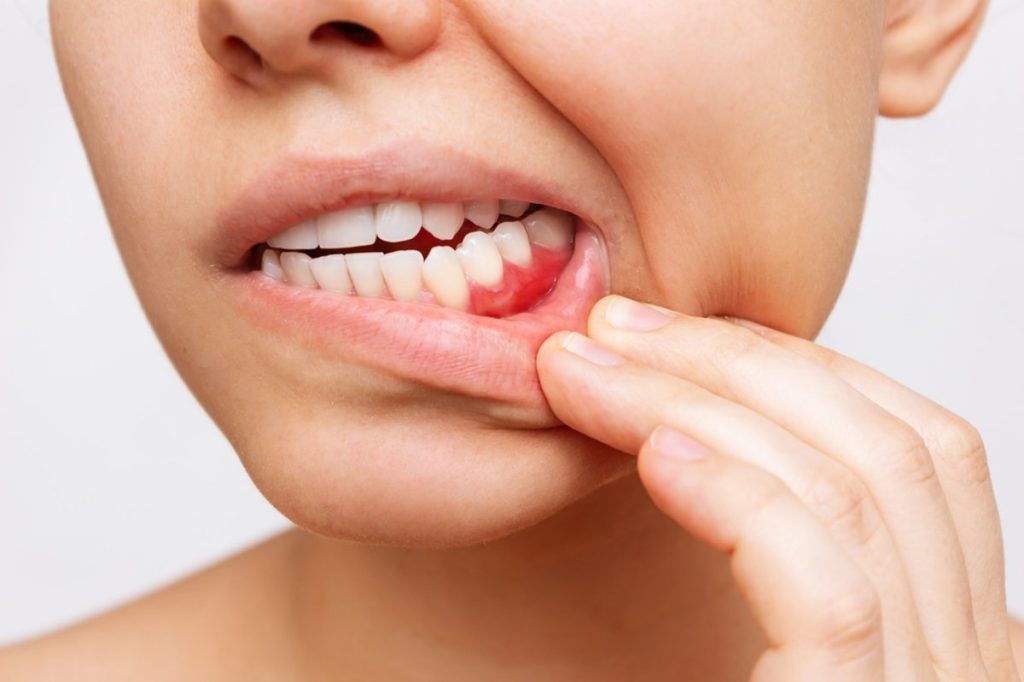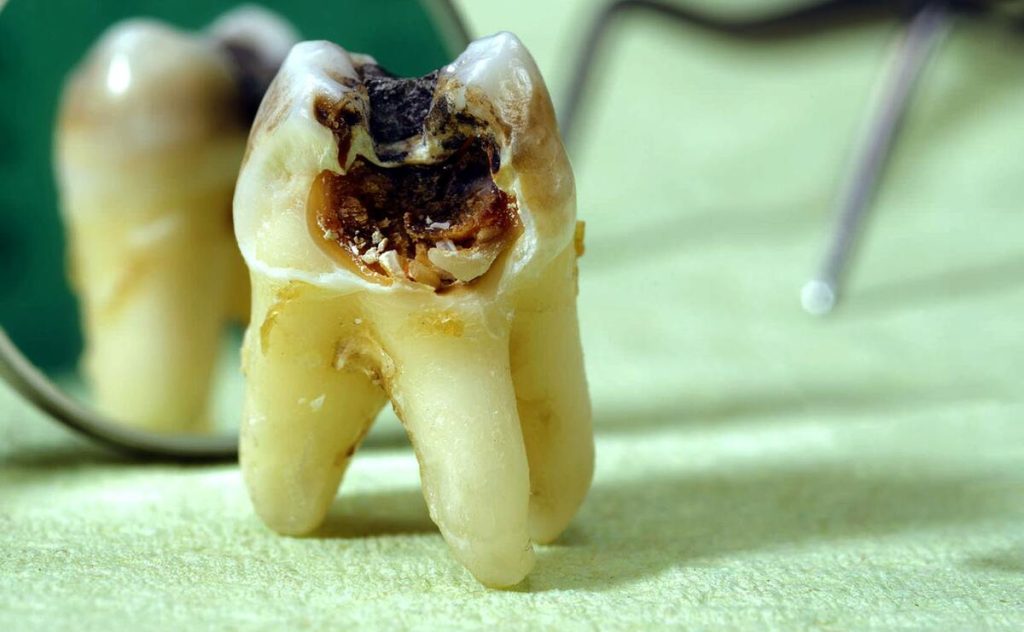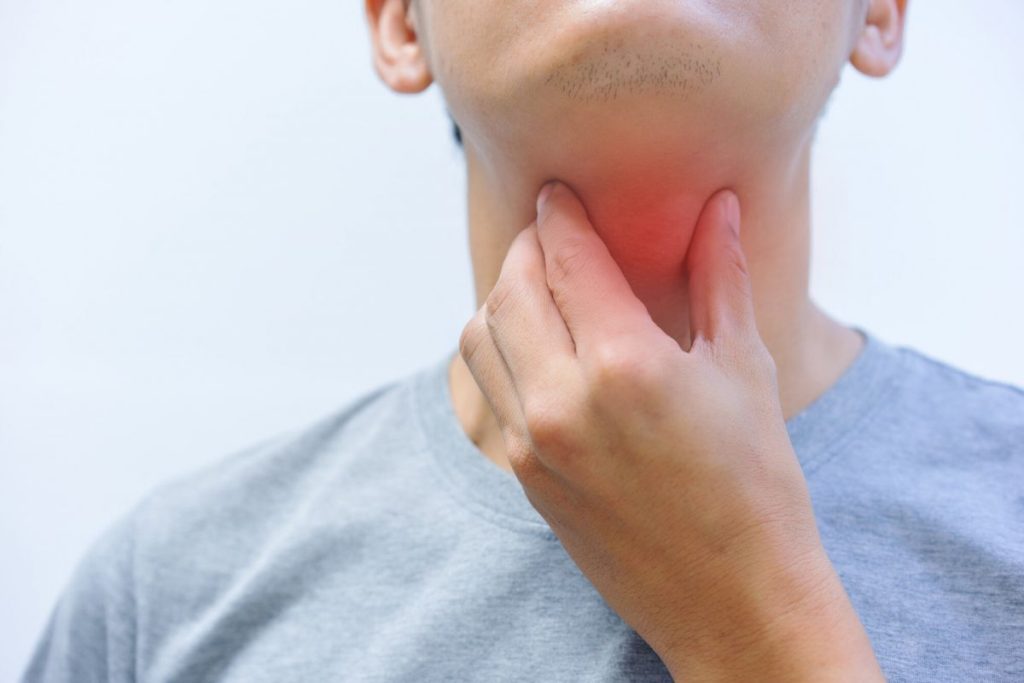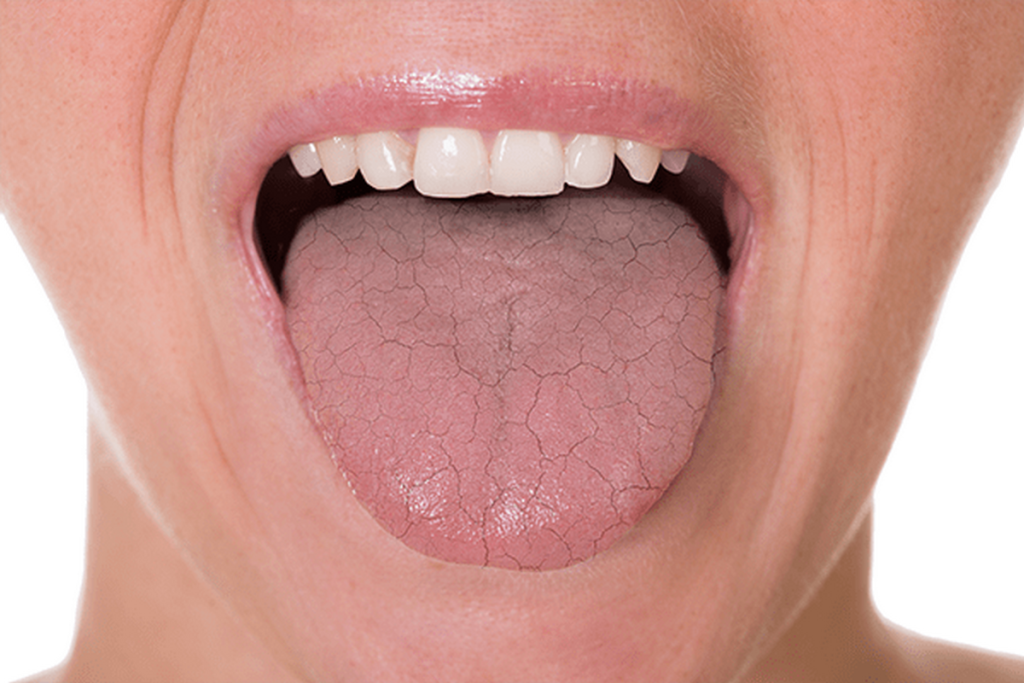Oral health is a vital component of overall well-being. Neglecting oral hygiene can lead to serious issues in other parts of the body. This article explores 17 common oral diseases that can threaten general health and provides insights into prevention and treatment strategies.
This article covers 17 common oral diseases, their symptoms, impacts on general health, and prevention and treatment methods. From gum diseases to bacterial infections, understanding these conditions helps in maintaining both oral and overall health.
1. Gum Diseases (Periodontal Diseases)

Gum diseases, such as gingivitis and periodontitis, are among the most common oral issues. These diseases are caused by the accumulation of bacterial plaque on the teeth and gums.
Symptoms: Swelling, inflammation, and bleeding gums.
Impact on General Health: Gum diseases are linked to more serious conditions such as cardiovascular diseases, diabetes, and pregnancy complications (like preterm birth and low birth weight). Bacteria in inflamed gums can enter the bloodstream and spread to other parts of the body.
Prevention and Treatment: Regular brushing and flossing, routine dental cleanings, and quitting smoking can help prevent gum diseases. Treatment may involve deep cleaning, medication, or surgery for advanced cases. Learn more about prevention at How to Prevent Tooth Decay.
2. Tooth Decay (Cavities)

Tooth decay, commonly known as cavities, is a prevalent oral problem caused by the destruction of tooth enamel by acids produced by bacteria in the mouth.
Symptoms: Toothache, sensitivity, and visible holes in the teeth.
Impact on General Health: Dental infections can spread to other parts of the body and cause serious issues. For example, dental infections can lead to sinus infections, heart infections (endocarditis), and even brain infections.
Prevention and Treatment: You can prevent cavities by brushing and flossing regularly, reducing sugary foods, and visiting your dentist for cleanings and fluoride treatments. Treatment typically includes fillings, crowns, or root canals. For strategies to relieve tooth pain, check out Effective Strategies to Relieve Tooth Pain.
3. Oral Thrush (Candidiasis)
Oral thrush is a fungal infection caused by the overgrowth of Candida fungi in the mouth. This infection typically appears as white or yellow patches on the tongue and other parts of the mouth and can cause pain and burning.
Impact on General Health: Oral thrush usually occurs in individuals with weakened immune systems (such as those with HIV/AIDS or diabetes). If untreated, it can spread to other parts of the body and cause more severe infections.
Prevention and Treatment: Maintaining good oral hygiene, reducing sugar intake, and managing underlying health conditions can help prevent oral thrush. Antifungal medications are commonly used for treatment. To learn more about managing oral health, visit Comprehensive Guide to Dental Implants and Post-Care.
4. Bad Breath (Halitosis)

Halitosis, or bad breath, can result from various causes, indicating more severe underlying health issues. Bad breath is typically caused by the accumulation of bacteria in the mouth, tooth decay, gum diseases, or digestive problems.
Impact on General Health: Bad breath can indicate digestive issues such as acid reflux, gastrointestinal infections, or liver problems. It can also be a sign of systemic diseases like diabetes.
Prevention and Treatment: Good oral hygiene, staying hydrated, and regular dental check-ups can help prevent bad breath. Treating underlying conditions and using mouthwash can also be effective. For more information, visit The Connection Between Oral Health and Systemic Diseases.
5. Oral Cancer
Oral cancer is a severe oral disease that can cause uncontrolled growth of cancer cells in the mouth, tongue, gums, and other oral tissues. Symptoms may include sores that don’t heal, lumps, and difficulty swallowing. Factors such as tobacco use, alcohol consumption, and viral infections (like HPV) can increase the risk of oral cancer.
Impact on General Health: Oral cancer can spread to other parts of the body and cause severe complications. Early detection through regular screenings is crucial for successful treatment. If not diagnosed in time, it can lead to death.
Prevention and Treatment: Avoiding tobacco and excessive alcohol use, protecting lips from UV exposure, and regular dental screenings can help prevent oral cancer. Treatment options include surgery, radiation therapy, and chemotherapy. Learn more about the future of dental treatments at The Future of Dentistry: Cutting-Edge Techniques and Innovations.
6. Viral Infections of the Mouth
Viral infections of the mouth, such as oral herpes (HSV) and human papillomavirus (HPV), can cause oral ulcers and increase the risk of oral cancer. These infections are usually transmitted through direct contact.
Impact on General Health: Oral herpes can lead to eye, neurological, and even systemic problems. HPV is strongly associated with oral and throat cancer.
Prevention and Treatment: Avoiding direct contact with infected individuals and practicing good hygiene can help prevent viral infections. Antiviral medications and regular screenings are essential for managing these conditions.
7. Burning Mouth Syndrome
Burning mouth syndrome is a condition that causes pain and burning sensations in the tongue, gums, lips, and other areas of the mouth. The exact cause of this syndrome is unknown, but it may be due to various factors such as neurological issues, hormonal changes, or reactions to certain chemicals.
Impact on General Health: Burning mouth syndrome can affect the quality of life and lead to psychological issues like anxiety and depression.
Prevention and Treatment: Identifying and managing underlying conditions, avoiding irritants, and using prescribed medications can help alleviate symptoms.
8. Tongue Infections (Glossitis)
Tongue infections, or glossitis, are types of tongue inflammation that can be caused by various factors including bacterial, fungal, or viral infections, allergies, injury, or irritation. Symptoms of glossitis include:
- Pain, swelling, and redness of the tongue
- Sores on the tongue
- Difficulty chewing, swallowing, or speaking
- Increased saliva production
- Bad taste and bad breath
- Fever
- Swollen lymph nodes in the neck
Impact on General Health: Glossitis can indicate underlying health issues such as nutritional deficiencies or allergic reactions.
Prevention and Treatment: Good oral hygiene, avoiding irritants, and treating underlying conditions can prevent glossitis. Medications may be prescribed based on the cause of the infection. For more on dental care, read A Complete Guide to Modern Dentistry Services, Treatments, and Innovations.
9. Leukoplakia

Leukoplakia refers to the formation of white patches on the gums, tongue, cheeks, or floor of the mouth. These patches may be pre-cancerous and should be carefully examined.
Impact on General Health: Leukoplakia can lead to oral cancer. Tobacco and alcohol use can increase the risk of leukoplakia.
Prevention and Treatment: Avoiding tobacco and alcohol, regular dental check-ups, and monitoring for changes can help prevent leukoplakia. Biopsy and treatment may be required if cancerous changes are detected.
10. Salivary Gland Infections

Salivary gland infections are typically caused by bacterial infections or blockage of the salivary glands by salivary stones. These infections can cause pain, swelling, and fever.
Impact on General Health: Salivary gland infections can spread to other parts of the body and lead to more severe infections.
Prevention and Treatment: Good hydration, proper oral hygiene, and massaging the glands can help prevent these infections. Antibiotics and other treatments may be necessary for active infections.
11. Dental Infections
Dental infections are usually caused by untreated tooth decay and inadequate dental care. These infections can cause severe pain, swelling, and fever.
Impact on General Health: Dental infections can lead to sinus infections, heart infections, and even brain infections.
Prevention and Treatment: Regular dental visits, proper oral hygiene, and timely treatment of cavities can prevent dental infections. Treatment may include antibiotics, drainage, or tooth extraction. For more on dental implants, visit Dental Implants: Comprehensive Guide to Procedure, Benefits, Aftercare.
12. Tonsil Infections
Tonsil infections, usually caused by bacterial or viral infections, can lead to sore throat, fever, and swollen tonsils.
Impact on General Health: Tonsil infections can spread to other parts of the body and cause severe complications.
Prevention and Treatment: Good hygiene and avoiding contact with infected individuals can help prevent tonsil infections. Treatment includes rest, fluids, and medications to address the infection.
13. Mouth Sores
Mouth sores can be caused by various factors including infections, injuries, allergic reactions, or autoimmune diseases. These sores can cause pain and discomfort in the mouth.
Impact on General Health: Mouth sores can indicate systemic issues such as autoimmune diseases or viral infections.
Prevention and Treatment: Identifying and managing underlying conditions, avoiding irritants, and maintaining good oral hygiene can help prevent mouth sores. Topical treatments may be used for symptom relief.
14. Tongue Inflammation
Tongue inflammation can be caused by infections, injuries, allergic reactions, or nutritional problems and can lead to pain, swelling, and discoloration of the tongue.
Impact on General Health: Tongue inflammation can indicate nutritional deficiencies or systemic issues such as autoimmune diseases.
Prevention and Treatment: Proper nutrition, good oral hygiene, and treating underlying conditions can prevent tongue inflammation. Medications and dietary adjustments may be necessary.
15. Dry Mouth (Xerostomia)

Dry mouth, or xerostomia, is caused by reduced saliva production and can lead to issues such as difficulty swallowing, speaking, and increased risk of tooth decay and gum diseases.
Impact on General Health: Saliva plays a crucial role in maintaining oral health. Reduced saliva production can increase the risk of oral infections and digestive problems. Dry mouth can be caused by medications, diabetes, or autoimmune diseases.
Prevention and Treatment: Staying hydrated, using saliva substitutes, and managing underlying conditions can help manage dry mouth. Regular dental visits and good oral hygiene are also important.
16. Canker Sores
Canker sores are small, painful ulcers inside the mouth. The exact cause is unknown but they can be triggered by factors such as stress, physical injury, hormonal changes, or nutritional deficiencies.
Impact on General Health: Canker sores can indicate systemic issues such as autoimmune diseases or vitamin deficiencies.
Prevention and Treatment: Avoiding triggers, maintaining good oral hygiene, and using topical treatments can help manage canker sores. Nutritional supplements may be necessary if deficiencies are identified.
17. Bacterial Infections of the Mouth
Bacterial infections of the mouth can be caused by the accumulation of bacteria due to poor oral hygiene. These infections can cause pain, swelling, and redness in the mouth.
Impact on General Health: Bacterial infections of the mouth can spread to other parts of the body and cause serious infections. For example, oral bacteria can enter the bloodstream and cause heart infections (endocarditis) and other systemic issues.
Prevention and Treatment: Maintaining good oral hygiene, regular dental visits, and promptly treating any dental issues can prevent bacterial infections. Antibiotics are typically used for treatment.
How Are Oral Diseases Diagnosed?
The first step in diagnosing oral diseases is a thorough examination by a dentist. Key steps include:
- Checking the teeth for cavities, cracks, and fractures.
- Examining the gums for redness, swelling, bleeding, and recession.
- Inspecting for abnormalities like sores, white or red patches, and lumps.
- Examining the lymph nodes under the jaw and neck for swelling or tenderness.
- X-ray imaging.
- CT scan or MRI.
Conclusion
Oral health plays a vital role in maintaining overall health. Oral diseases can lead to serious issues in other parts of the body and threaten general health. Therefore, regular oral care, maintaining oral hygiene, and visiting the dentist for preventive care are crucial. If you notice any signs of oral diseases, visit your dentist promptly for diagnosis and treatment.
By staying informed about these common oral diseases and taking proactive steps, you can protect not only your oral health but also your overall well-being. Remember, a healthy mouth contributes to a healthy body.
Frequently Asked Questions
1. What is the most common oral disease?
Tooth decay is the most common oral disease.
2. What causes oral diseases?
Poor oral hygiene, dry mouth, smoking, excessive alcohol consumption, side effects of certain medications, diabetes, and a weakened immune system.
3. When should I visit the dentist?
If you experience any symptoms of oral diseases, you should visit the dentist as soon as possible.
4. How can I prevent oral diseases?
Maintaining good oral hygiene is key. This includes brushing your teeth at least twice a day, flossing daily, using mouthwash, and visiting your dentist regularly for check-ups and cleanings. Avoiding smoking, reducing alcohol consumption, and maintaining a healthy diet can also help prevent oral diseases.
5. What are the symptoms of oral cancer?
Symptoms of oral cancer can include sores that do not heal, lumps or thickening in the cheek, difficulty swallowing or chewing, persistent sore throat, and changes in voice. If you experience any of these symptoms, it is crucial to visit your dentist or doctor for evaluation.
6. Why are regular dental check-ups important?
Regular dental check-ups are essential for the early detection and prevention of oral diseases. Dentists can identify and treat issues before they become severe, reducing the risk of complications and maintaining overall oral health. For more on why check-ups matter, read Why Regular Dental Checkups Matter.
7. How are oral diseases treated?
Treatment varies depending on the disease and its severity. Common treatments include fillings, crowns, root canals, antibiotics, antifungal or antiviral medications, and surgery. Your dentist will recommend the best course of action based on your specific condition. For innovative treatments, visit The Future of Dentistry.
8. Can oral diseases affect other parts of the body?
Yes, oral diseases can have systemic impacts. For example, gum disease is linked to heart disease and diabetes, and bacterial infections in the mouth can spread to other parts of the body, causing serious health problems.
For further information or personalized consultation, feel free to Contact Us.
